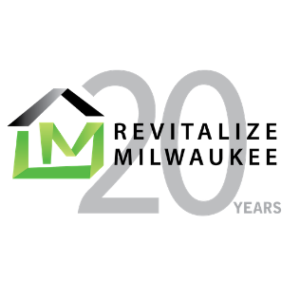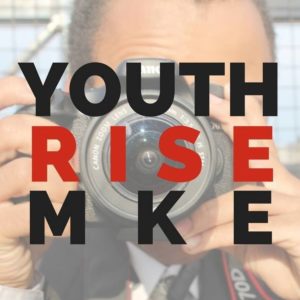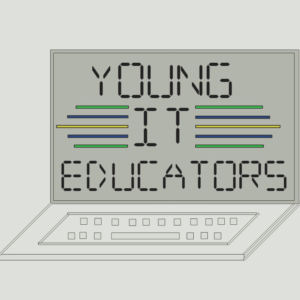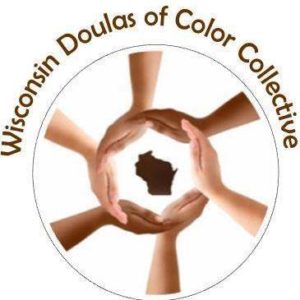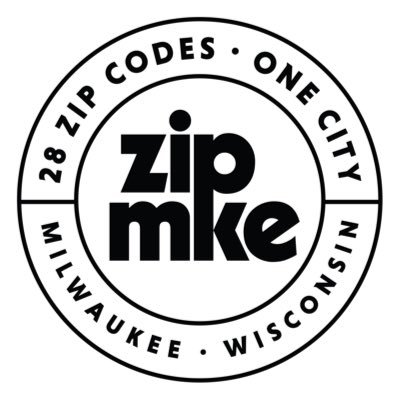

ZIP MKE
28 ZIP codes, 1 city.
The mission of ZIP MKE is
- to represent all corners of the city,
- to resist limited perceptions of individuals and communities, and
- to repair wounds of division in the city with a comprehensive and authentic exhibition of Milwaukee’s faces, places, and experiences.
We do this by:
- encouraging residents to submit photos year-round that celebrate their city,
- exploring and documenting the city ourselves, and
- engaging with communities to create relevant and transformative opportunities for self-empowerment and self-representation.
ZIP MKE was born in a city whose vibrant industrial and cultural history struggles with the inevitable boundaries that rivers and freeways, economic progress and social discrimination, have created. At once a city of good-natured and progressive citizens and one of sequestered insecurities, Milwaukee is experiencing a new wave of energy that seeks to change its narrative: to transform the city into one that is safe, fun, accessible, and prosperous for all its citizens, a common ground of equal opportunity for everyone, from all neighborhoods. ZIP MKE realizes that, on a fundamental level, this will not be possible until the artificial geographic boundaries of ZIP Codes and neighborhoods and cross streets are transcended, and until the psychological barriers that prevent us from uniting to work together are demolished.
Founder Dominic Inouye created ZIP MKE, in part, as a response to the officer-involved shooting of Sylville Smith on August 13, 2016, and the violent unrest that followed, but more so because of the language he heard people using when debating about the events, especially on social media. “It’s not like these terms are anything new,” he says, “but I heard with greater, concentrated frequency and fury the dichotomous and divisive terms: ‘city/inner city,’ ‘urban/suburban,’ ‘good neighborhood/bad neighborhood,’ ‘the hood,’ ‘the ghetto.’ That neighborhood. Those people. Black people. White people.” He asked himself: What can I do, what can we do, to bridge these gaps that allow us to talk about each other without really knowing each other?
His answer? Change our perspective (zoom in and zoom out), then change our perception.
If we change what we see, we can transform how we see. The word “perspective” comes from the Latin perspecire, which means “to inspect or look closely at,” and our word “perception” comes from percipere, which means “to seize or understand.” It is only when we see each other and the spaces we inhabit that we can begin to understand each other and seize the possibilities for change.


